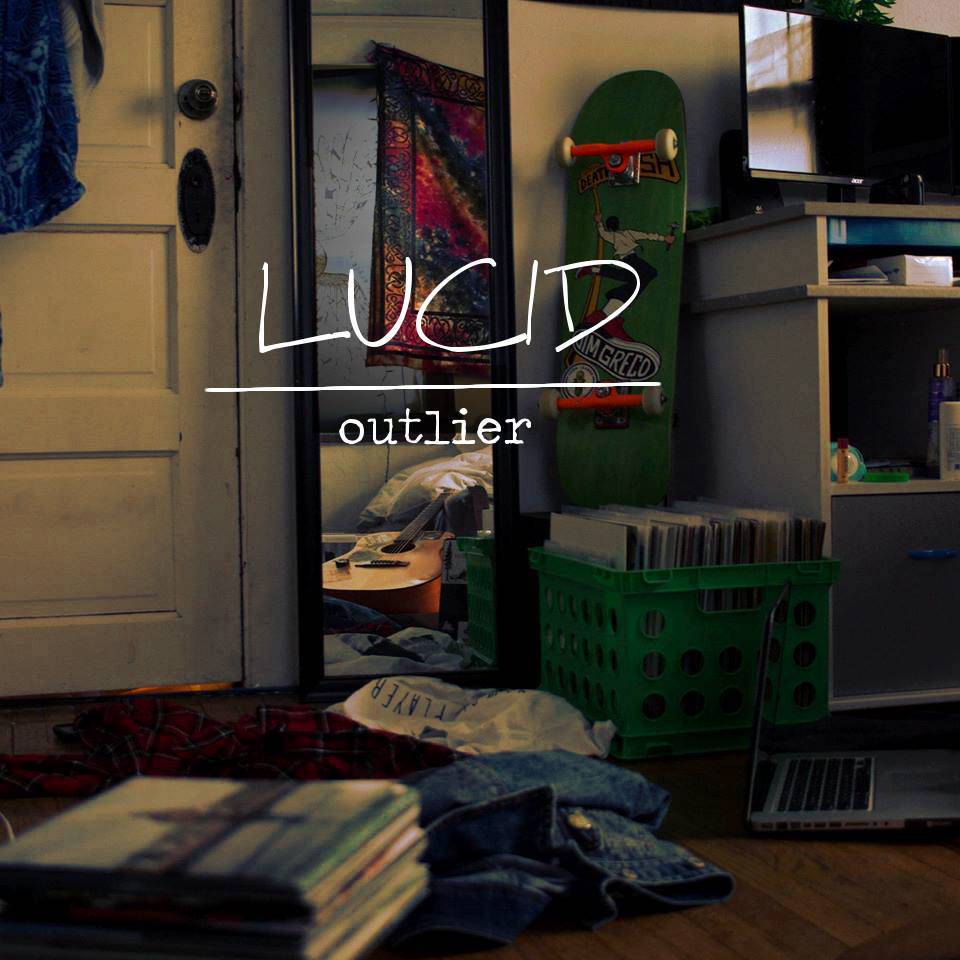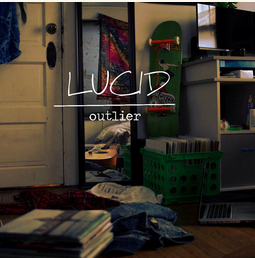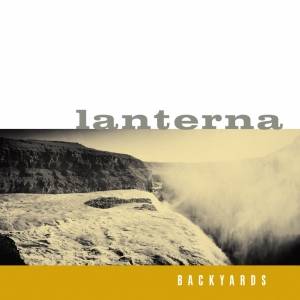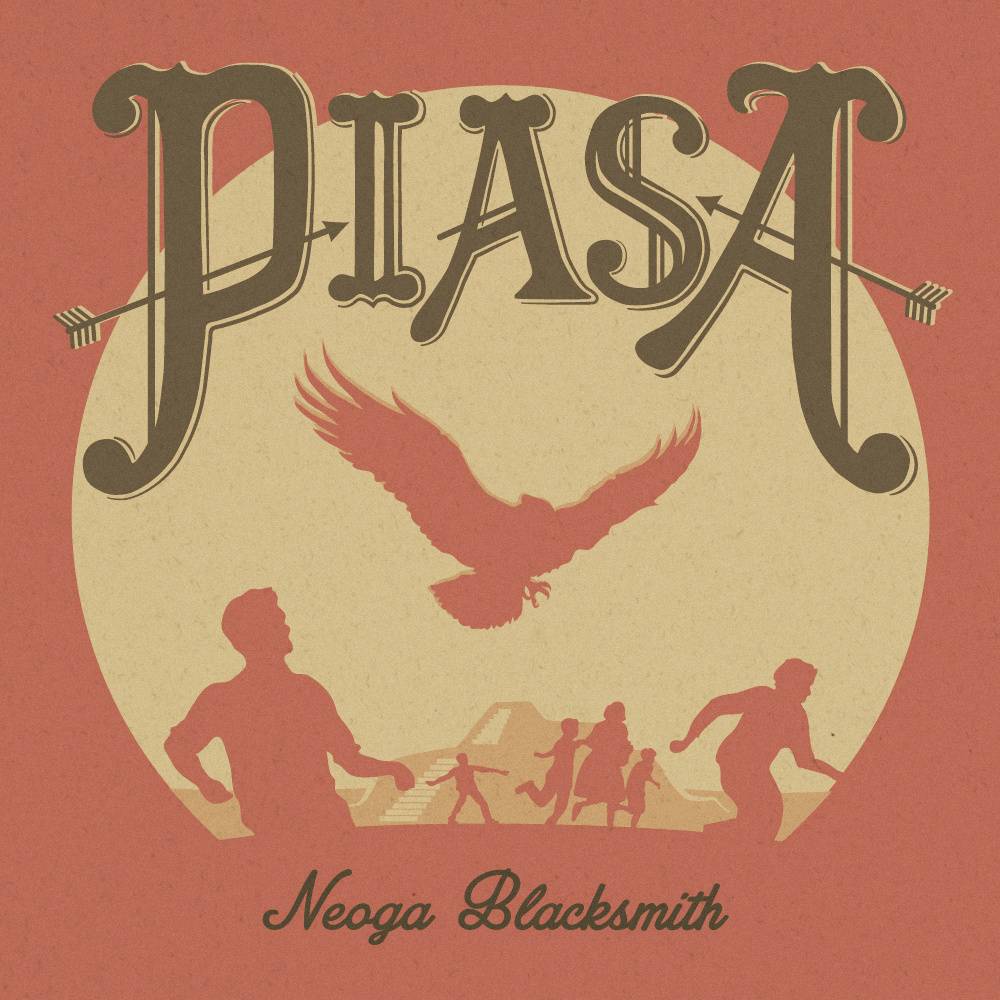These aren’t songs, they’re landscapes. Soundscapes, if you will. Ambient folk inspired by the plains and the prairies of Illinois, and various other places as indicated by the track names. Every song seems to be inspired by the experience of a location.
The imagery evoked could be of a car ride through a cornfield, or a stalk of corn itself swaying in the breeze. Some songs could be underwater adventures or floats down a river. The unpretentious countryside can persuade anyone to put worries of modern life behind them. The first track “Backyards” opens up the album like a sunrise, but it’s nighttime on the fourth track “Costal Route.” It’s music that is is very much tied to this planet and all of its wonders, but within it, you can hear interstellar dreams.
This is the first Lanterna record in some time, and it’s anything but disappointing after a nearly 10-year wait. Hopefully Henry Frayne and company will take us for another ride sometime soon. —Maddie Rehayem

Lucid’s newest EP, Outlier, isn’t just an alternative pop-punk album with shifting tempos and an emo-edge from song to song, but a soundtrack to the life of anyone simply progressing through life, love and maturity. From “Stationary,” a track that speaks to any listener that can’t imagine staying in the same spot for another second to “Jennifer,” the song you wish your ex-partner could hear, Lucid’s tunes narrate the rise and fall of relationships from their hometown in Lovington, Illinois to anyone with a constant running mind of what could be.
With a sound similar to that of early-2000s pop-punk, Outlier has the same underlying high speed drumming and memorable choruses that bring back nostalgia of bands such as Yellowcard, Story of the Year and any others that remind you of watching MTV’S “TRL” or picking up a brand new album, back when CDs were actually purchased. Outlier is the storybook soundtrack you will need through the progression of a relationship you will or have had. — Aaliyah Gibson
From the first song, Piasa chugs along without urgency but never lacks interestthanks to layered guitars and wonderful rhythmic piano. “Greasepaint” is a kind-of slow-burning bayou blues number, registering the same lazy country-grunge Drive By Truckers have made their hallmark. “Formaldehyde” sticks to the groove NB established at the beginning of the record, but is notable for its dirty, trebly guitar line that squawks and squeals all over the track and gives the whole song a very interesting vibe.
While the guitar is interesting, NB isn’t awing you with crazy Lynyrd Skynyrd solos or burning down the barn with their lightning fingers. Still, there’s something consistently impressive about the guitar work on Piasa. “Three Knocks” is the best example of this because the guitar just rides along, kicking in when its needed and falling back when its not; it’s a sign of maturity within the band that they know when and where to let the guitar shine and when to let it ride.
Toward the end of the album the songs start to run together more than a little, for instance “Rutland” and “Touch of Credit” feel like they could have been one long song. The album never feels like a chore to get through, though, which is maybe credit to its relative brevity. At just nine songs all under five and a half minutes, the album is kind of like a lazy Saturday when twilight catches you by surprise: you hit the end of the album feeling like it just started. But, just before the end, “Scrapper’s Delight” offers something of a combo-breaker, rocking a little faster and harder than the rest. The last song, “Bible Belt,” crescendos to radio static and reminds the listener of Wilco. Although Piasa is a very good effort from Neoga Blacksmith, the kind of album that makes you want to see what the band can do in a live performance. — Chris Davies
There’s only one way to describe this album:









 Lanterna — Backyards
Lanterna — Backyards